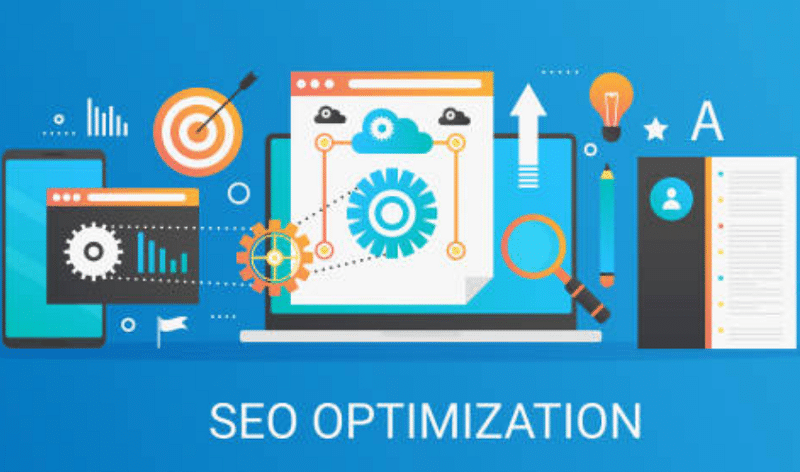
SEO or Search Engine Optimization is an important marketing strategy adopted by large-scale and small-scale companies worldwide. As a renowned marketing strategy, it attempts to increase your website's traffic while simultaneously monitoring and maintaining traffic quality.
All this is done through organic and well-thought-out search engine results. Optimization strategies also use keywords having a high traffic-generation capacity.
Search engine optimization primarily comprises two types of techniques – off-page and on-page SEO. While both strategies have specific critical differences between them, utilizing both techniques shall provide you with comparatively more significant traffic than just using a single technique.
In recent years of the competitive market, even though optimization is used across all website content and blogs, useful and SEO-friendly content is limited. Here, understanding how on-page and off-page techniques function helps you improve your content and significantly increase its ranking potential.
How Can You Do On-Page Optimization?
On-page SEO comprises all the techniques you use on your website to generate maximum traffic and increase its overall ranking.
These techniques include all the processes you use to build the website as well as how you choose to use your words. You tend to enjoy complete control over all the techniques used, and they are the most impactful tools to elevate your SERP rankings.
When you opt for an on-page optimization technique, it is comparatively easier to provide the relevance and quality of your content to readers and search engines.
Several factors impact your website ranking. These include website URL structure, meta descriptions, title tags, the structure of your website content, image alt text, internal linking, speed of your site and its responsiveness, and much more.
You should follow the advice given by the SEO company found here and create the right combination according to the preferences of search engines. For example, you can use smart phrases and words within the body of your content to attract search engine bots.
How Does Off-Page Optimization Work?
As the name suggests, off-page SEO comprises all the factors and techniques that lie outside of your website itself. Most of these techniques are outside of your direct control. However, you can still take certain steps to impact them if you have your focus clear.
Ideally, any off-page brand strategy shall enhance your brand awareness and visibility. Additionally, it will increase readers' engagement with your content and showcase how relevant your website is to your users.
You can also impact your off-page optimization indirectly by making suitable choices in your on-page strategy. In simple terms, the on-page optimization decisions shall ultimately impact your off-page performance.
Keeping this point in mind, you must not utilize just one aspect but both aspects in following the stuartkerrs marketing strategy. Certain primary factors become the primary driving force of any successful off-page strategy. These factors include backlinks, the strength of the domain, social sharing, distribution of content on various sources, etc.
Combining the Two Strategies

There is a common notion among companies and organizations that you must use any of the techniques. This notion forces you to separate between the two and determine which strategy shall work better.
However, this is a grave misconception. Instead of distinguishing between the strategies, you must aim to combine them for building a robust and all-inclusive marketing technique suitable for your company.
Using on-page optimization techniques, you tend to build a website that depends on specific keywords. Using the off-page technique, you ensure that people are aware of the content you are putting across.
Search engine optimization is a critical marketing strategy used by companies worldwide to increase your website's relevance, engagement, and traffic.
On-page and off-page SEO techniques are the two main types that constitute a well-rounded and powerful marketing mantra. Instead of distinguishing between the two, you must aim to combine them to reap maximum benefits.










